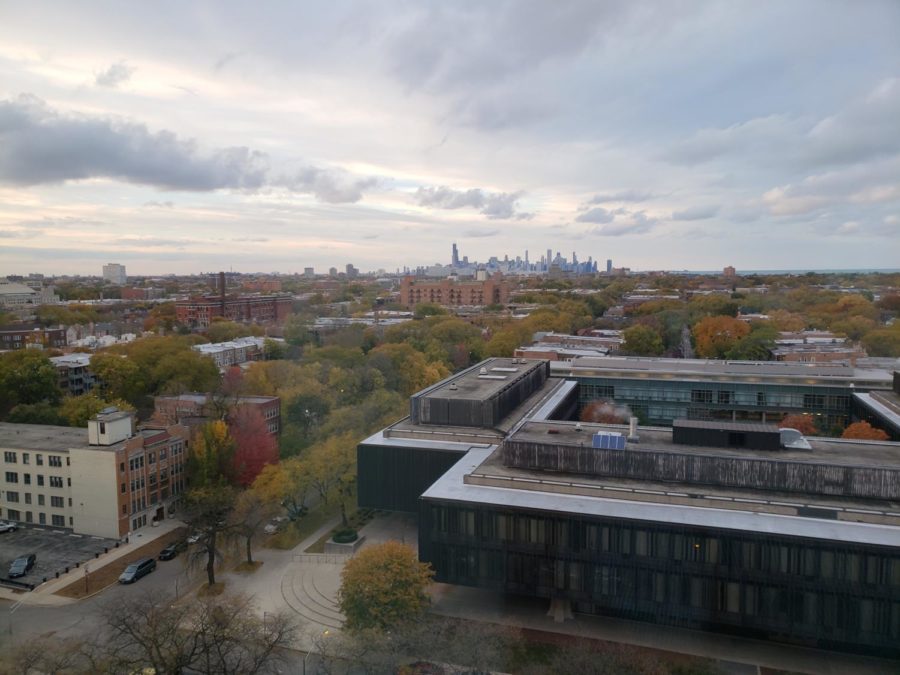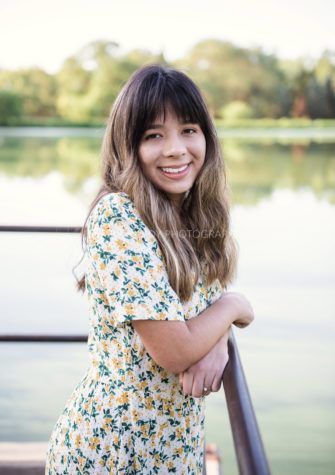The Hyde Park Refugee Project, the first program of its kind in Hyde Park, has been working to help refugee and immigrant families settle in the South Side since 2015 The project also assists refugee families with finding affordable housing, connecting with employers, and developing English language skills.
In an interview with *The Maroon*, the project’s co-director Lisa Jenschke described the difficult process of assimilation and how the organization works to smooth that transition.
“Although the government provides a stipend for the families when they first arrive, for individuals it does cost more than that to provide services for them. The first job is to raise money to cover costs, and we try to raise about $15 to $20,000 for that family, so that we can cover the costs [of living] for the first year,” she said.
One of the most essential aspects of resettlement is language learning.
“When a family first arrives, they need to learn English, because it’s going to be really hard for them to get a job and support themselves if they don’t have any English. They also need to get their kids enrolled in school and get them signed up for public benefits and health insurance,” Jenschke said.
She also explained, “A lot of families that come in, like refugees and asylum seekers, haven’t had medical care in a few years, because they may have been living in a refugee camp, or in a country where they didn’t have the resources for medical care. So a lot of times you’re playing catch up, with dental care or health conditions that haven’t been treated for a number of years.”
The pandemic magnified the difficulty of already present political challenges faced by refugees, according to Jenschke.
“There’s been so much misinformation about the pandemic and the vaccine that we’ve had to work really hard to counteract that. But it’s really understandable for families that are refugees,” she said. “They’re often coming from countries where the government is not trustworthy. They have been fleeing for their lives. For them to kind of get over that distrust of authority and believe that it’s OK [to get vaccinated] is a big emotional step for them to take. And so that’s something that we’ve worked a lot on, communicating health and safety and just making them feel a lot more comfortable.”
The project has been working to cultivate a positive relationship with UChicago by providing opportunities for students who may be interested in refugee resettlement or working for a nonprofit organization.
“We have a lot of students who have worked in our summer camps or have been interns with us. We had spring interns through the [Institute of Politics] as well. There are a lot of different programs where [students] have been able to get involved and really do some hands-on work. Some people may be interested in the nonprofit side of that, or some may be more interested in the social work side of that,” Jenschke said.
Gen Bryant ’20, who graduated from the College this spring, assisted with the Project’s summer camp for immigrant and refugee children and shared her thoughts on how UChicago students can become more involved with it.
“There are so many different ways to get involved with [the Project], and they are growing constantly. It’s really important for UChicago to get involved with the surrounding community because the community could benefit so much from an institution with so many resources,” Bryant said.











